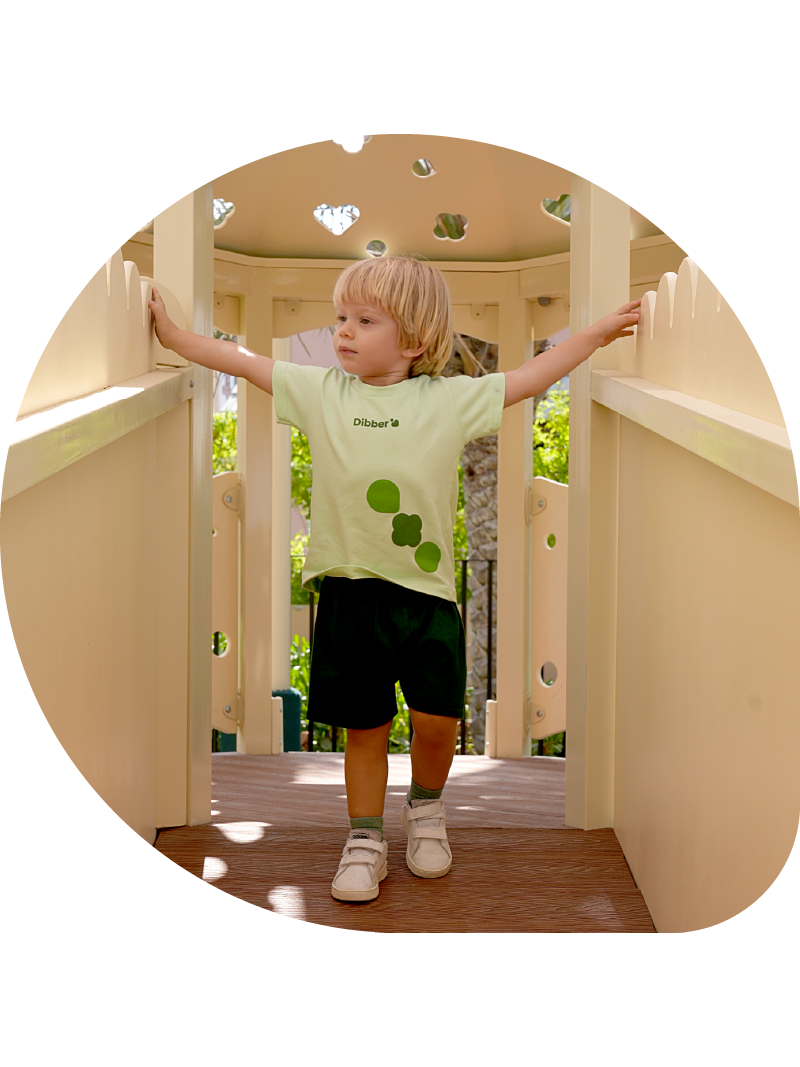Advantages of educational exposure in young children
- biswajitpanda4
- Nov 14, 2023
- 2 min read
Updated: May 21, 2024

Why introduce your child to early learning
Learning is a lifelong process. For children, it starts even before they are born. Everything in the world is a new experience. There is a lot of curiosity and adventure hidden in everyday life. It is never too early to tap into this inherent curiosity that children have.
Early childhood education is seen to have a lot of developmental benefits in children, from learning to express themselves better to having better social skills. Apart from giving them a head start in education, kindergarten classes also give children the opportunity for social interaction and nurturing friendships.
Top 7 advantages of early educational exposure in children
Children absorb all that they see and hear and so it is important to be cautious of the kind of content they are exposed to. A well-structured curriculum (whether it be a mainstream curriculum or international curriculum) is as effective when it comes to the impact it has on the holistic development of your child. Some advantages of early education can be summarized as follows:
Literacy and numeracy skills – this is an obvious given, a structured curriculum enables children to focus better. Letters and numbers are one of the first concepts that a child understands. With the guidance of active adults, children pick up this skill better.
Independence – playgroup is where children are first introduced to a world outside their home. This is an atmosphere outside their comfort zone where they get a chance to develop their independence. Having other kids of a similar age further helps in this.
Socialization – being in the presence of others in a similar age group help children socialize and make friends. They learn the basics of teamwork, cooperation, sharing and caring for others.
Confidence – when caretakers are kind and encouraging towards children, they feel seen. Having their voice heard and their contribution felt makes children feel confident and increases their self-esteem.
Routine – children strive for routine. A set timetable for their day-to-day lives gives them an idea of what to expect next. This helps them feel in control and prepared.
Lifelong learning – if learning is made enjoyable and interesting, and if their curiosity and adventurous spirit is nurtured, children develop a positive relationship with learning. They enjoy learning and are keen to gain knowledge.
Exposure to diversity – one of the most important benefits of early years education is the exposure that children get in terms of the diversity of people in the playgroup. With children and educators from all over the world, they get to see a varied mix of culture. This helps them appreciate uniqueness and understand the concept of unity in diversity.
It is thus evident that introducing children to education early in life has a lot of benefits. They pick up essential life skills along with academic information. A well-structured kindergarten curriculum would be the right choice for parents looking to give their children this essential exposure.


Comments